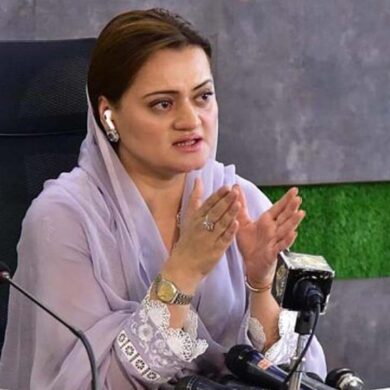Citizens and traders across the nation have launched a nationwide shutter-down strike in response to the relentless surge in the cost of living and exorbitant electricity bills amidst skyrocketing inflation.
The recent surge in electricity bills has ignited outrage among an already financially burdened populace, including traders who are barely surviving amidst the unrelenting inflation crisis gripping the nation.
Caretaker Prime Minister Anwaar-ul-Haq Kakar, however, has dashed hopes of immediate relief, asserting that consumers have no choice but to settle their bills while the interim government engages in negotiations with the International Monetary Fund (IMF).
In a widespread display of solidarity, the public and traders have rallied behind the Jamaat-e-Islami (JI), endorsing its call for a nationwide shutter-down strike. This mass action has led to the closure of both small and large commercial enterprises in cities such as Karachi, Peshawar, Sargodha, and Sheikhupura, among others.
The legal community has also joined the fray, with the Punjab Bar Council announcing a strike against inflation, leading lawyers to boycott court proceedings.
In Karachi, citizens expressing their discontent with inflation took to the streets in Shah Latif Town, disrupting traffic on the National Highway.
Notably, traders in various regions have expressed differing stances regarding the JI’s call for a shutter-down strike. While Sheikh Nadeem Khawar, President of Anjuman-e-Tajiran, pledged his participation in the strike, some members have opposed it, aligning themselves with political parties. However, the support for the strike remains firm if officially declared by Anjuman-e-Tajiran.
Further intensifying the protests, lawyers of the district bar in Faisalabad announced their strike, prompting citizens to take to the streets in protest along Canal Road and Digikot. Demands for tax abolishment were voiced through tire-burning demonstrations, causing traffic disruptions.
In Rawalpindi, transgenders gathered at the Islamabad Electric Supply Company (IESCO) office, brandishing banners and placards while demanding an immediate rollback of increased petrol and electricity prices.
Traders in Mandi Bahauddin observed a shutter-down strike against rising electricity bills, leading to the closure of all major and minor markets and commercial centers in the city.
Peshawar witnessed the All Pakistan Traders Community participating in the strike, resulting in the closure of most markets and centers. Food outlets and medical stores, however, remained open to cater to essential needs.
In Arifwala, traders announced a shutter-down strike, receiving support from trade organizations that mandated the closure of shops and businesses across the city.
The strike wave also rippled through Chichawatni, where lawyers extended their support, affecting individuals attending court hearings. Shops in Kasowal, Iqbal Nagar, and Ghaziabad were likewise shuttered.
In Sindh, a complete strike paralyzed various cities, with business centers and petrol pumps in Thatta, Gharo, Makli, Dhabeji, and others remaining shut, while road traffic dwindled below normal levels.



